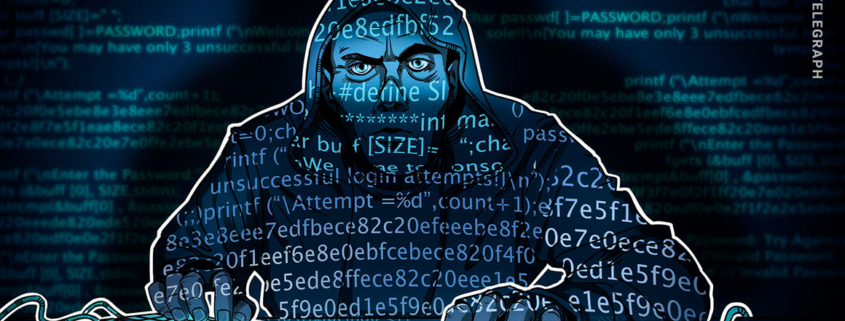A $320 Million Crypto Hack Sends the DeFi World Reeling
This week WIRED broke the news that a lone US hacker had spent the last two weeks intermittently taking down North Korea’s internet. Yes, the entire country’s. The hacker, who goes by the handle P4x, says that he launched the campaign as retaliation for the Hermit Kingdom’s hacks of Western security researchers last year. Frustrated by the lack of US response, he took it upon himself to send a message.
In another exclusive, we published internal messages from Trickbot, the notorious Russian cybercrime gang, that sheds new light on the group’s organizational structure. The exchanges, several of which took place amid a sustained ransomware assault against hundreds of US hospitals, also bring Trickbot’s ruthlessness, ambition, and sense of impunity into sharp focus.
Over in China, the Winter Olympics start this week, meaning you can indulge in your quadrennial biathlon obsession. Multiple countries have warned their athletes to bring burner phones to the games in light of the host country’s record of aggressive surveillance; participants have also been informed that speaking out against China’s human rights abuses against the Uyghur population could spark retaliation.
We also took a look at how concerned you should really be about the kernel-level anti-cheat systems that game developers have increasingly turned to. And in 2022, expect more cyberattacks to have real-world consequences, a troubling inevitability as criminal groups become ever more aggressive.
And there’s more! Each week, we round up all the security news WIRED didn’t cover in depth. Click on the headlines to read the full stories.
Decentralized finance systems promise to do away with the intermediaries that slow down or complicate transactions. A major hack of a major DeFi protocol this week, though, underscores that the future of money comes with its own set of risks. Attackers targeting Wormhole, which offers a bridge between the Solana and Ethereum blockchains for cross-chain transactions, made off with $320 million in various cryptocurrencies. It’s the second-biggest known DeFi theft of all time, after a hacker stole $610 million from Poly Network, only to return the bulk of it eventually. There’s no sign that…


